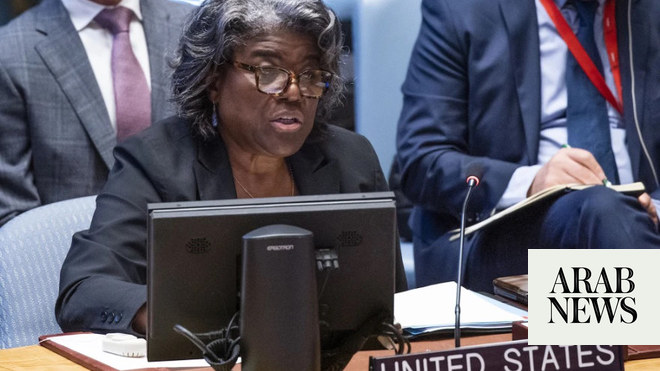
Syria’s chemical weapons have renewed the diplomatic confrontation between Russia and Western countries following the release on Friday of a United Nations report that said regime forces were responsible for the sarin gas attack on Khan Sheikhoun in Idlib province.
A joint UN-Organization for the Prohibition of Chemical Weapons (OPCW) panel said the Syrian air force had dropped a bomb on the opposition-held town on April 4, releasing the deadly nerve agent that killed more than 80 people.
"A robust international response is now essential to hold those responsible for the Khan Sheikhoun attack to account," British Ambassador Matthew Rycroft told reporters.
"It now falls on the Security Council to act on these findings and to deliver justice."
Britain is in talks with the United States on a draft resolution that would impose sanctions on Syria, the ambassador said.
Such a measure, however, would likely face a veto from Russia, which questioned the findings, citing many "inconsistencies" in the report and criticizing the expert investigators over the use of "doubtful witness accounts and unverified evidence."
Moscow has maintained that the sarin attack was most likely caused by a bomb set off directly on the ground, not by a Syrian air strike.
Meanwhile, UN human rights chief Zeid Raad Al Hussein condemned Friday the "deliberate starvation of civilians" as a war tactic following the release of "shocking" images showing severely malnourished children in the area of Eastern Ghouta near Damascus.
He said the pictures were "a frightening indication of the plight of people in Eastern Ghouta", which has been under siege by regime forces for more than four years.
"The deliberate starvation of civilians as a method of warfare constitutes a clear violation of international humanitarian law," Zeid said in a statement.











